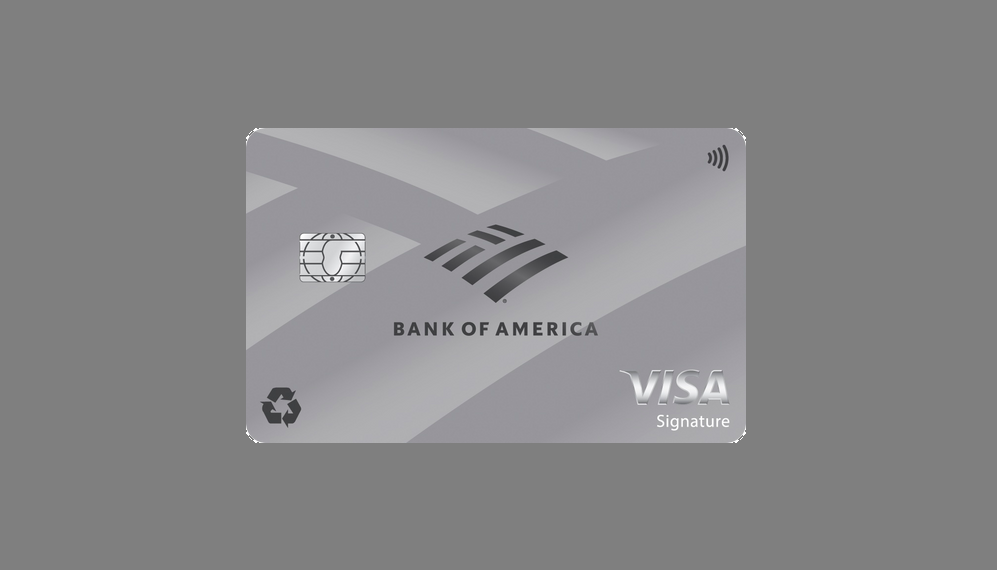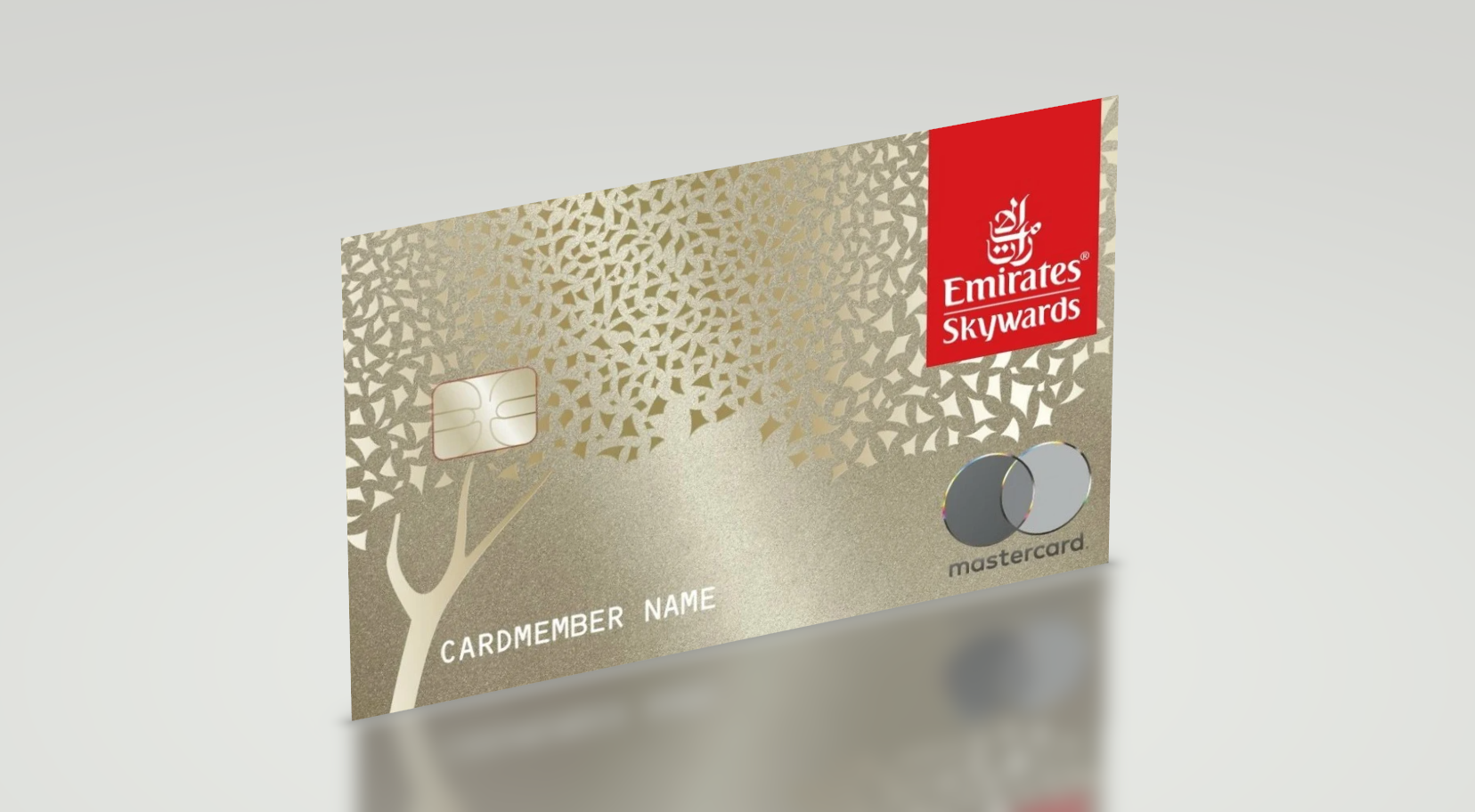Effective Strategies for Managing Credit Card Debt

Empowering Your Financial Journey
Credit card debt can feel like a heavy anchor, dragging down your financial well-being and peace of mind. However, it is crucial to understand that you are not alone in this challenge. In fact, a significant portion of the American population grapples with credit card debt at some point in their lives. The important thing is to recognize that regaining control over your finances is entirely possible, and there are proven strategies you can implement to set yourself on the path to financial freedom.
One essential step in this journey is to create a budget. This is not just a mundane spreadsheet; it’s your financial roadmap. By carefully tracking your income and expenses, you can identify areas where you can cut back and redirect those funds toward paying down your debt. For instance, consider cooking at home more often instead of dining out, or canceling that subscription service you rarely use. Every dollar saved adds up, and reallocating those resources can significantly expedite your journey towards becoming debt-free.
Another critical aspect is to prioritize payments. You may be tempted to spread your payments across all your debts evenly; however, concentrating on high-interest debts first can save you a significant amount of money over time. The snowball method, where you pay off your smallest debts first to gain momentum, is also popular. For example, if you have three credit cards with balances of $500, $1,500, and $3,000 at varying interest rates, focus on the card with the highest interest rate while making minimum payments on the others. This strategy not only helps in reducing your total interest paid over time but also provides psychological boosts as you eliminate debts one by one.
Additionally, consider debt consolidation as an option. This involves combining multiple debts into a single loan with a potentially lower interest rate. This can be particularly useful if you have multiple high-interest credit cards. For example, you might apply for a personal loan with better terms to pay off your credit cards, leaving you with one manageable payment each month. It simplifies your financial life and often reduces your monthly payments, making it easier to stay on top of your finances.
Undoubtedly, this journey will require determination and resilience, but the rewards – financial stability, reduced stress, and peace of mind – are invaluable. Every small step you take brings you closer to a debt-free life. Empowering yourself with knowledge and tools not only aids in the management of your credit card debt but also fosters self-confidence in your financial decisions.
So, embrace this challenge head-on. Each action you take today lays the groundwork for a brighter financial tomorrow. You have the power to take charge of your monetary health and pave the way for a secure financial future.
DISCOVER MORE: Click here to learn about common SEO mistakes and how to avoid them
Building a Foundation for Financial Recovery
Managing credit card debt may seem daunting, but with effective strategies, you can pave your way to financial recovery. The initial steps you take can set a powerful tone for your entire journey. As you embark on this path, it’s essential to adopt a proactive mindset and equip yourself with the right tools to conquer your debts.
One of the most powerful strategies for managing credit card debt is to establish an emergency fund. Life is unpredictable, and having a small cushion can prevent you from relying on credit cards for unexpected expenses. Start small—aim for $500 to $1,000—this will give you the security to handle emergencies without adding to your debt. Once you’ve built this fund, you will feel a sense of freedom and control; this can strengthen your resolve to tackle your credit card balances head-on.
Next, consider negotiating with your credit card issuers. Many people don’t realize that they can reach out to their lenders to discuss interest rates or inquire about hardship programs. By explaining your situation, you could secure a lower interest rate or a temporary freeze on payments. This type of communication can also lead to a more manageable repayment plan, making it easier to focus on reducing your debt burden without feeling overwhelmed.
In addition, educate yourself about credit utilization and its impact on your credit score. Keeping your credit utilization ratio below 30% is advisable. This means that if you have a credit limit of $10,000, try to keep your outstanding balance under $3,000. High utilization can drive your credit score down, making it harder to obtain favorable loan terms in the future. Regularly monitoring your credit will not only help you stay aware of your financial health but will also motivate you to keep reducing your overall debt.
When dealing with credit card debt, it can also be beneficial to enlist professional assistance if you feel overwhelmed. Consulting with a credit counseling service can provide you with clarity and guidance tailored to your unique financial situation. These professionals can help you develop a sustainable plan and negotiate with creditors, offering you additional support while you navigate this challenging time.
Additionally, embrace the power of accountability. Share your goals with a trusted friend or family member. Having someone to check in with can keep you motivated and committed to reaching your targets. Celebrate milestones, no matter how small—they will remind you that progress is happening, reinforcing the knowledge that each positive action leads to your ultimate goal of being debt-free.
Your road to effective debt management may require patience and persistence, but every tangible step you take strengthens your financial foundation. Embrace the process, learn from it, and find joy in your accomplishments along the way. Remember, the journey may be challenging, but it’s also empowering and leads you to the freedom you seek.
DISCOVER MORE: Click here for valuable tips
Empowering Yourself with Smart Financial Habits
Once you’ve laid the groundwork for your financial recovery, it’s time to cultivate smart financial habits that will aid in managing and eliminating your credit card debt. Empowerment comes from knowledge and discipline, and these strategies will help you build a sustainable path to financial well-being.
First, create a comprehensive budget that aligns with your financial goals. This includes tracking your income, expenses, and allocations for debt repayment. Use budgeting apps like Mint or YNAB (You Need a Budget) to visually see where your money goes each month. By categorizing your expenses into needs and wants, you can identify areas where you can cut back. Perhaps it’s dining out less frequently or forgoing that daily coffee shop visit. Even small adjustments can free up funds that can be directed toward your credit card payments, ultimately accelerating your journey to being debt-free.
Another effective strategy is the debt snowball method. This technique advocates for paying off your smallest debts first while making minimum payments on larger debts. The psychological boost of clearing smaller balances quickly will motivate you to tackle larger debts with more vigor. Each little win is a celebration, rekindling your enthusiasm as you witness tangible progress. Alternatively, consider the debt avalanche method, which focuses on paying off debts with the highest interest rates first. This strategy can save you more money in interest payments over time, resulting in a more financially efficient approach to debt reduction.
It’s equally important to stop accumulating new debt. Assess your credit card usage and avoid being lured into the cycle of spending beyond your means. Leave your credit cards at home when going shopping to reduce the temptation to use them. Instead, consider a cash-based approach; using cash can help you become more aware of your spending habits and solidify the discipline needed to stay within your budget.
Next, take full advantage of balance transfer offers. Many credit card companies offer promotional periods with low or 0% interest rates on balance transfers. If you have existing high-interest credit cards, consider transferring those balances to a card with a better offer. Remember, however, to read the fine print and aim to pay off the transferred amount before the promotional period ends to avoid paying high interest rates. This method can substantially reduce the amount of interest you pay, allowing more of your payments to go toward the principal balance.
As you develop these strategies, monitor your progress regularly. Set milestones and track your monthly debt repayments. This accountability will assure you that you are making strides towards your goals. Consider using a debt repayment calculator to visualize how long it will take to eliminate your debts at your current payment pace. This can serve as motivation to accelerate your efforts and possibly increase the amounts you pay off each month.
Finally, reward yourself for your commitment to responsible financial behavior. Set achievable targets in your debt repayment plan and celebrate small victories. Whether it’s treating yourself to a night out (within your budget!) or taking a moment to acknowledge your hard work, recognizing your progress will reinforce positive habits and provide the encouragement needed to continue on this path to freedom from credit card debt.
DIVE DEEPER: Click here to discover the art of storytelling for winning clients
Conclusion: Taking Charge of Your Financial Future
Managing credit card debt is not just about numbers; it’s about transforming your mindset and fostering a healthier relationship with your finances. By implementing the strategies outlined in this article, you can regain control and pave the way to a debt-free future. Remember, the journey begins with a comprehensive budget that helps you identify areas where you can cut back and redirect funds toward repayment. Whether you choose the debt snowball or debt avalanche method, each approach empowers you to tackle your debt at a pace that suits your lifestyle and preferences.
Moreover, the emphasis on ceasing new debt accumulation is crucial; it allows you to focus entirely on diminishing your existing balances. Don’t hesitate to leverage balance transfer offers to lower your interest payments, and always keep meticulous track of your progress. Regularly monitoring your achievements not only brings clarity to your financial standing but also encourages you to push further towards your goals.
Lastly, as you celebrate your victories, no matter how small, you will nurture positive financial habits that can lead to lasting change. Taking charge of your credit card debt is undeniably empowering. By cultivating a disciplined, informed approach to your finances, you are not only working towards eliminating debt but also laying the groundwork for a secure and prosperous financial future. Start today, and remember, the path to financial freedom is within your reach!



